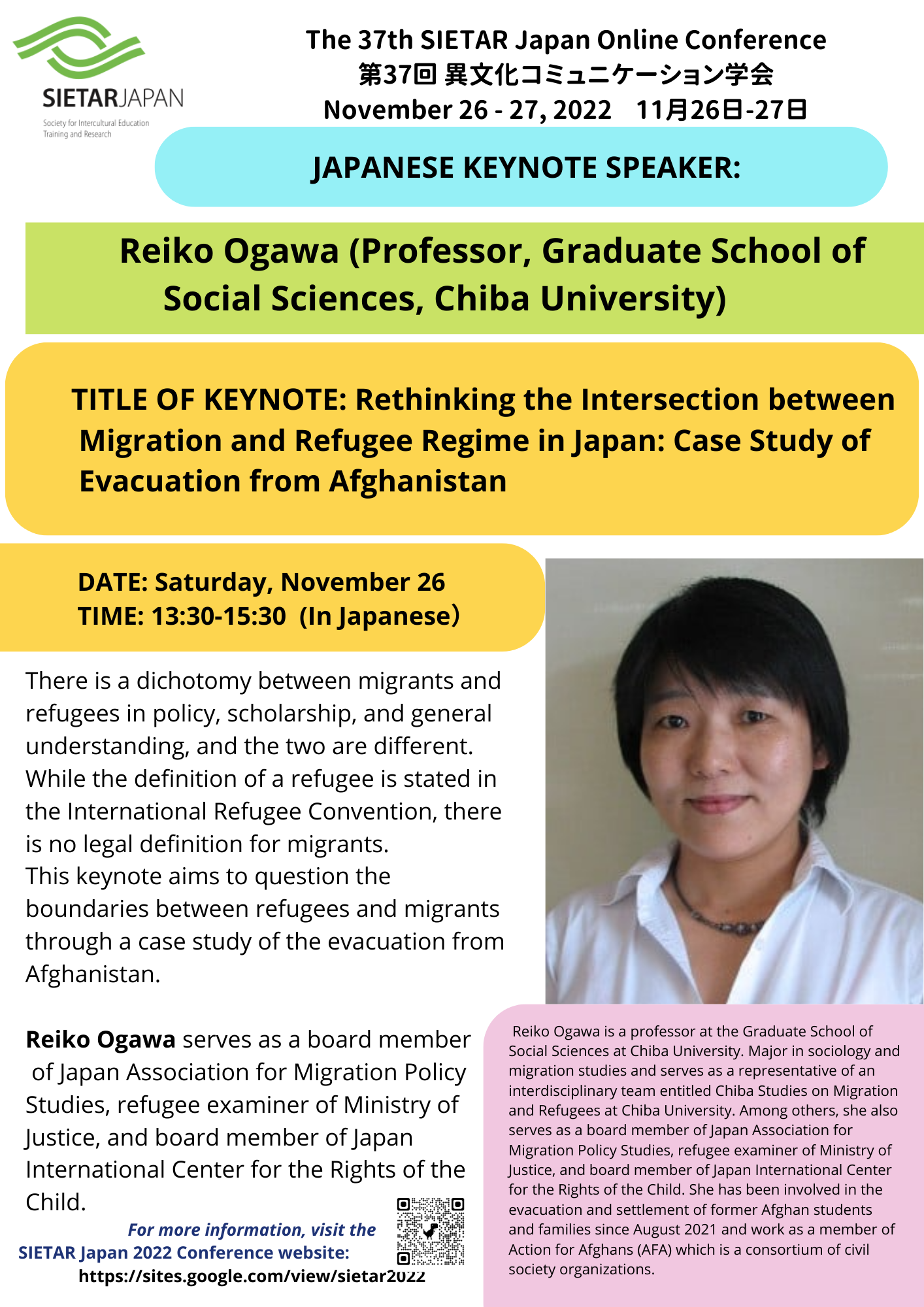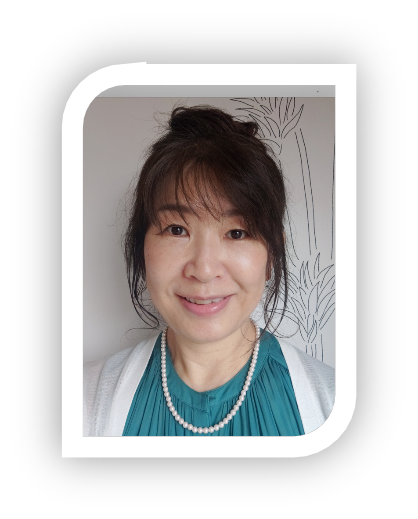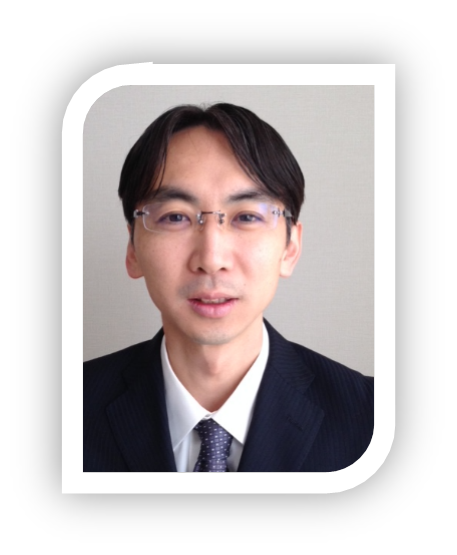We wish to announce to SIETAR Japan members a Call for Papers for Issue 27 of the Journal of Intercultural Communication. We strongly encourage you to take this opportunity to submit your research results. Manuscripts must be received by January 16, 2024 (Tuesday). When preparing your manuscript, please consult the following documents, which are available on the SIETAR Japan website < http://www.sietar-japan.org/en/publication/journal>
「事務局からのお知らせ」カテゴリーアーカイブ
SIETAR September Workshop
September Workshop
Session 3 of the series “Paradigm-shifting Teaching Methods for Intercultural Communication”
Title: A New Starting Point for Intercultural Communication Education: Clearing Up the Ambiguous and Fuzzy Points.
Facilitators: Milton Bennett, Shizu Yamamoto, Takehito Ishiguro
Date & Time: September 3, 2023, 13:00-16:00
Method & Lang: in-person, JPN & ENG
Place: Toyo University, Hakusan campus, Room 1307 (Bldg 1, 3F)
Fee: Member: 1000yen, Non-member: 1500yen, Student: free.
Application & Payment: Peatix
https://sietarseptember.peatix.com
SIETAR June, July and September Workshop
June, July and September Workshop
Theme: Paradigm-shifting Teaching Methods for Intercultural Communication
Please see attached for details.
Registration is available via Peatix.
“There are people with different cultural backgrounds. There are cultures that are different from ours. And such differences should be respected.” Intercultural communication education, which has flourished in the age of internationalization, began with this kind of narrative. However, when we engage in this kind of narrative, social categories are more likely to be perceived as substantive. For example, people who are represented by the names of categories such as Japanese, Americans, the elderly, politicians, and athletes are more likely to be perceived as if they really exist in the world in such a way. Today, as the word diversity becomes more familiar, we need intercultural communication with an updated narrative in order to be aware that we create many different positionalities in every aspect of our daily lives. Supporting this paradigm shift was the purpose of “Intercultural Communication Training: Growing Up with Differentness” (2022, Sanshusha), which was published last December.
While some people said that they could grasp the ideas they wanted from this book easily, others said that it was too theoretical and difficult to understand, or that they were confused because it was quite different from traditional intercultural training. Therefore, we have planned a three-part series of workshops to discuss frankly about today’s societies and educational practices in the field, and to find points of contact between contemporary issues and this book so that we can make the best use of it.
Session 1: Sunday, June 25, 2023, 13:00-16:00
What can we do now for intercultural communication?: Facing the “differentness” that has manifested itself in our immediate surroundings. Shizu Yamamoto and Taketo Ishiguro, Method: ONLINE (ZOOM), Japanese.
Session 2: Saturday, July 15, 2023, 13:00-16:00
Overcoming Stereotypes: Establishing a Context in which Using Cultural and Social Categories is Not Detrimental. Yuka Suzuki, Shizu Yamamoto, Taketo Ishiguro, Method: in-person,
the location: Tokai University (Shinagawa Campus, Room 1201, 2nd floor, Bldg. 1), Language: Japanese.
Session 3: Sunday, September 3, 2023, 13:00-16:00
A New Starting Point for Intercultural Communication Education: Clearing Up the Ambiguous and Fuzzy Points. Milton Bennett, Shizu Yamamoto, Takehito Ishiguro, Method: in-person, the location will be in Tokyo. We will inform you as soon as it is decided. Japanese and English.
Call for Proposals for the 38th (2023) Annual Conference of SIETAR Japan
Call for Proposals for the 38th (2023) Annual Conference of SIETAR Japan
Sustainable Multicultural Societies: Eliminating Disparities
November 11-12, 2023
National Olympic Memorial Youth Center, Tokyo (the Yoyogi Olympic Center)
FULL DETAILS ARE AVAILABLE ON THE HOMEPAGE(coming soon)
(http://www.sietar-japan.org/en/our-activities/annual-conference)
SIETAR Japan will hold its 38th Annual Conference on November 11 (Saturday) – 12 (Sunday), 2023. This year’s conference will focus on how intercultural communication can contribute to the realization of a sustainable and inclusive society without disparities. We are seeking proposals that are related to the field of intercultural communication and/or reflect the conference theme. We look forward to receiving your submissions.
Conference Chair: Manami Tanaka (Tokyo Future University)
For members of SIETAR Japan: Proposals can be submitted from July 1 using this Google Form : https://forms.gle/M4jMsAXBeQD9GqTm8 (to be announced)
You will be asked to fill in your 8-digit membership number as well as the name of the first presenter, affiliation, contact telephone number and email address. (Affiliations and e-mail addresses for co-presenters will be required after acceptance, but not phone numbers.). First presenters can only present once.
Requirements: First presenters MUST be members of SIETAR Japan or other SIETAR organization. If you cannot locate your membership number, please contact office@sietar-japan.org
Presenters who reside in Japan must apply for membership of SIETAR Japan before June 18 (Sunday) and make their membership payment by June 30 (Fri.). All presenters are expected to pay the full conference fee (to be announced) before the conference begins.
Types of presentations – full details will be available in the SIETAR Japan newsletter, the SIETAR Japan website and the SIETAR Japan Facebook page.
- In person presentations: Research presentation or Report on practice and activities (30 minutes)
- In person workshops (110 minutes)
- In person poster presentations (Academic research or Report on practice & activities; non-members
eligible if recommended by a SIETAR member). Guidelines will be available on the submissions Google
Form. Presenters can also email the conference chair (sietarjapanconference@gmail.com) for details during the submission period.
Submission Period: July 1 (Sat.), 2023 – July 31 (Mon.), 2023
* Please note that no proposals will be accepted after the deadline of midnight JST, July 31 (Mon.), 2023. You will be notified of whether your proposal has been accepted by September 30 (Sat.).
For inquiries, please contact sietarjapanconference@gmail.com
The 38th (2023) Annual Conference of SIETAR Japan
The 38th (2023) Annual Conference of SIETAR Japan
Theme: Sustainable Multicultural Societies: Eliminating Disparities
November 11-12, 2023 at the National Olympic Memorial Youth Center (the Yoyogi Olympic Center)
*More details will be coming soon.
SIETAR Japan will hold its 38th Annual Conference November 11 (Saturday) – 12 (Sunday), 2023 at the National Olympic Memorial Youth Center. This year’s conference will focus on how intercultural communication can contribute to the realization of a sustainable and inclusive society without disparities.
The Call for Proposals will be sent soon.
Presenters will be required to pay membership dues by the SIETAR Japan membership payment deadline date.
We look forward to seeing you at the conference.
Conference Chair: Manami Tanaka (Tokyo Future University)
The 37th SIETAR Japan Online Conference has ended successfully!
To everyone who attend last weekend’s SIETAR Japan 2022 Online Conference: A HUGE THANK YOU to ALL the presenters who contributed to making the SIETAR Japan 37th annual conference a success! All who attended the conference gained different perspectives and new insights on how we – educators, intercultural trainers, researchers, and students – can make use of what we have learned from your presentations in order to promote and encourage positive change in our communities. THANK YOU!
Best wishes,
Michi Saki & Lisa Rogers
Conference Co-Chairs
*We appreciate your feedback!
Please click on the feedback survey link and send your comments.
The 37th SIETAR Japan Online Conference,the Keynote Sessions only ticket available
The 37th SIETAR Japan Online Conference November 26 – 27, 2022
Living in the “in-between”: Exploring multicultural identities and belonging
大会テーマ:「文化の狭間に生きる: 多文化的なアイデンティティと帰属意識の探求」
*Participants can attend the Keynote Sessions for only 1500 yen.
◎Keynote-only attendees may access both the Japanese and English Keynotes
To register: https://sietar2022.peatix.com/
KEYNOTE SPEAKERS:
Saturday, November 26 13:30-15:30)
Reiko Ogawa (Chiba University )
Consultant to Immigration Bureau and former Chair of Immigration Policy Society
Sunday, November 27 9:00-11:00
Neelam Sahota ニーラム・サホタ
CEO of DIVERSEcity Community Resources Society, BC, Canada
Lisa Rogers & Michi Saki
Conference Chairs
37th SIETAR Japan Annual Conference :EARLY BIRD DISCOUNT ENDS next Monday, November 7th!
Dear SIETAR Japan Members,
Happy November! Just a kind reminder that the EARLY BIRD DISCOUNT ENDS next Monday, November 7th! Be sure to register and take advantage of the Early Bird rate discount!
37th SIETAR Japan Annual Conference website:
https://sites.google.com/view/sietar2022/home?authuser=0
Register for and purchase your Conference Ticket through the PEATIX System: https://sietar2022.peatix.com/
We look forward to seeing you at the conference!
Conference Chairs
Michi Saki (Doshisha Women’s College of Liberal Arts)
&
Lisa Rogers (Doshisha Women’s College of Liberal Arts)
The registration for the 37th Annual Conference, held online on November 26 and 27, will start on Monday, October 3, 2022.
SIETAR Japan October Workshop
SIETAR Japan October Workshop
Theory and Practice of a New Textbook on Intercultural Training: Encountering “Difference” through Perceptual Constructivism
Date/Time: Saturday October 1, 2022 13:00-16:00
Language: Japanese
Guest Speakers:
Shizu Yamamoto is a professor of intercultural communication at Tokai University. Dr. Yamamoto earned her master’s degree in speech communication from Portland State University and her doctorate in education from Sophia University. Her research interests are centered on intercultural sensitivity and the development of intercultural training methods. Her current research focuses on DMIS, using both qualitative and quantitative methods to examine how Japanese people perceive, interpret, and express their experiences of difference. Based on the results of previous studies, she developed a Japanese psychological scale for DMIS (in press).
Taketo Ishiguro is an intercultural communication scholar (Ph.D. in Intercultural Communication Studies) whose research centers on intercultural discourse in multicultural organizations/teams. He uses qualitative research methods such as a constructionist version of life-story interview research, modified grounded theory approach, and discourse analysis. He has published such books as Images of Japanese leaders in multicultural organizations: A life-story interview approach (Shumpu-sha) and Multicultural teams and Japanese leaders’ dynamic thought processes: A grounded theory approach (Shumpu-sha).
Outline Workshop :
What becomes possible when we remove “bunka” (culture) from “i-bunka” (interculral) communication and try to focus just on “i” (difference)? This workshop will introduce a new book “Experiencing Intercultural Communication: Growing Up with ‘Difference'” (Shizu Yamamoto, Taketo Ishiguro, Milton Bennett, Daisuke Okabe, Sanshusha, November 2022), which summarizes a new approach to intercultural communication education. This book is a challenge to update traditional intercultural communication education. The theoretical background of the book is “constructivism” and the “development of intercultural sensitivity.” In this workshop, the following will be conducted.
1 Introduction to the overall structure and characteristics of this book. Video greeting from Dr. Bennett introducing the book.
2 Explanation of perceptual constructivism and “i” (difference) as a theoretical foundation
3 Introduction to and explanation of sample chapters
4 Practice and explanation of sample exercises
5 Q & A, interaction among authors and participants in a free atmosphere. Dr. Bennett will also participate.
Unique feature of this book is that by focusing on “i” (difference), it attempts to extend the applicability of intercultural communication knowledge outside of the traditional units of social categories such as country, race, and ethnicity. There has been a kind of difficulty in taking the approach that different cultures are collectively defined at the collective level and thus linking different cultures to social categories. The use of existing social categories alone does not adequately capture the asymmetrical relationships that are made diversely visible in various contexts, which people are increasingly becoming aware of at home, at work, and at school. For example, “those who have experienced” and “those who have not experienced” certain events, such as studying abroad, taking exams, giving birth, getting married, divorcing, changing jobs, illness, disasters, etc., may feel uncomfortable with each other’s comments and actions, and misunderstandings and conflicts may occur due to differences in their standpoints. It is important to be able to focus on the divisions of positions through line-drawing (segmentation) without being bound by the culture of the group unit, and to be able to not only divide but also reconnect by redrawing the boundaries. With this concern, Yamamoto, who was trying to teach from constructivist and situated perspectives, encountered “context shifting” as conceptualized by Ishiguro, and the idea of removing “culture” from “cultural difference” and making “i” (difference) as a perceptual object came to take shape.
From a constructivist perspective, we believe there is a need for intercultural communication in which people can learn how to deal flexibly with categories, including categorizing, de-categorizing, re-categorizing, and using categories as a lens for observation. In this context, the emphasis is on having a sense of agency as a category generator and being aware of the possibility of changing boundaries. It is necessary not only to increase the cognitive complexity of being able to use multiple categories simultaneously, but also to increase the perceptual complexity involved in the sensitive attention to categorization. This idea is in line with the development of intercultural sensitivity that Milton Bennett has advocated in the constructivist paradigm. In addition to Bennett’s introductory and final chapters, this book includes Japanese translation of Bennett’s lecture on the developmental model of intercultural sensitivity given at the 18th Annual Conference of the Japan Society for Multicultural Relations.
[Participation Fee & Registration Procedures]
Please register through Peatix and beware that your registration will not be valid without a membership number.
Peatix: https://sietar20221001.peatix.com
Participation fee: 600 yen (members), 1000yen (non-members), Free (student members). 350yen (non-member students)
Once your registration is completed, we will send you the zoom link.
We ask that you have a stable online connection.
Please contact:
Yuka Suzuki (Japanese) & Soyhan (English)
Program Directors
<学会事務局>
Secretariat: 〒162-0801 東京都新宿区山吹町358-5
E-mail: sietar-post@bunken.co.jp, Website: www.sietar-japan.org







